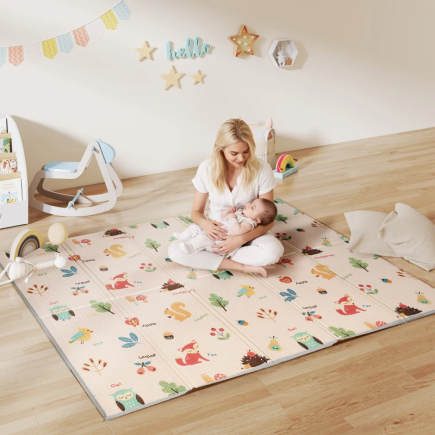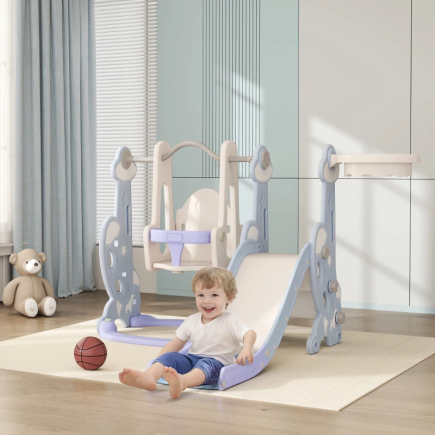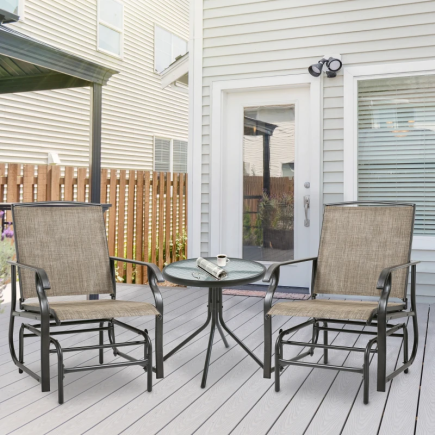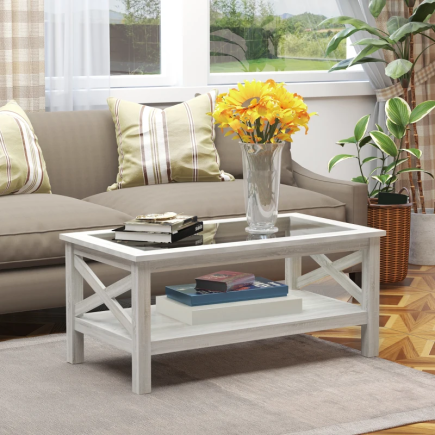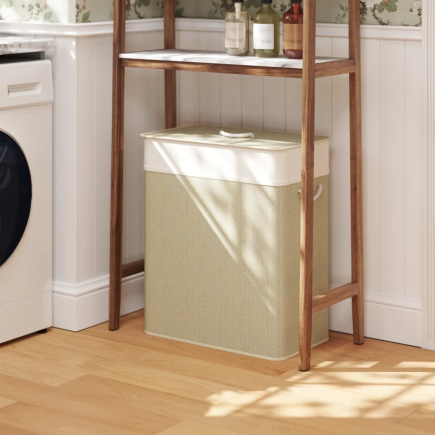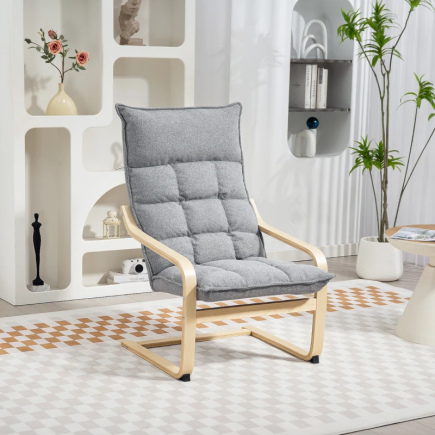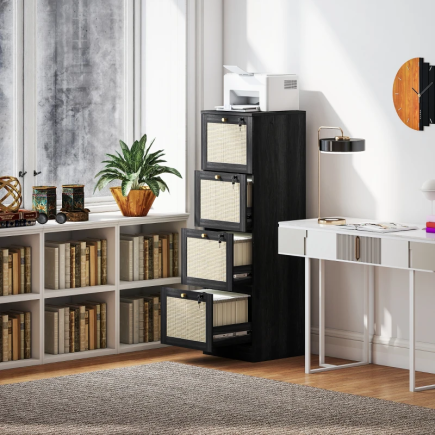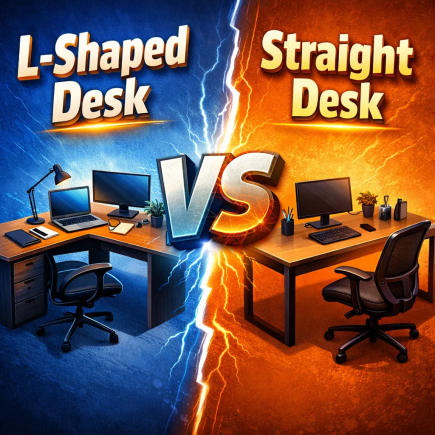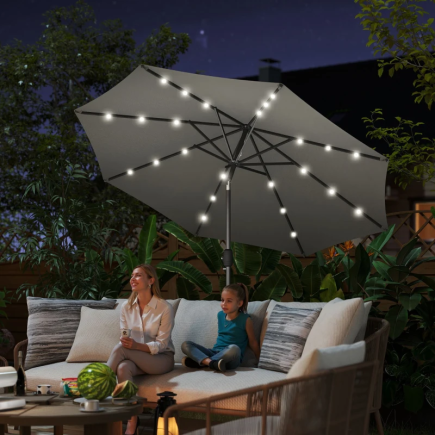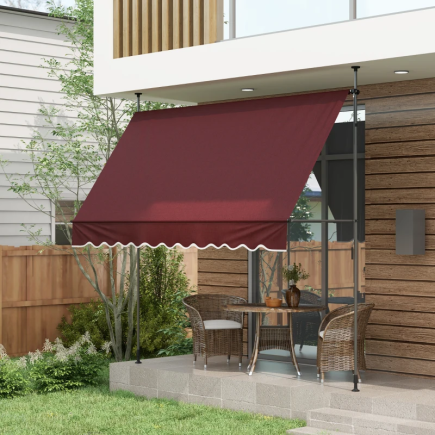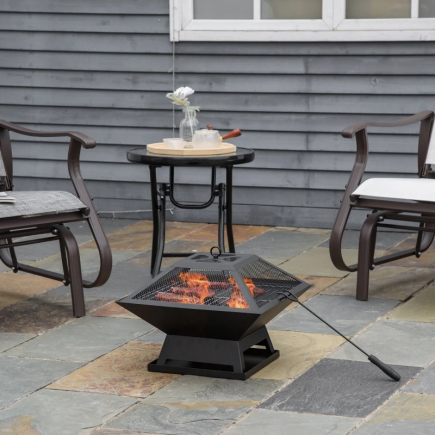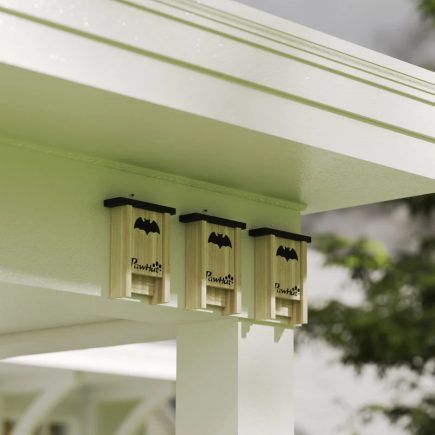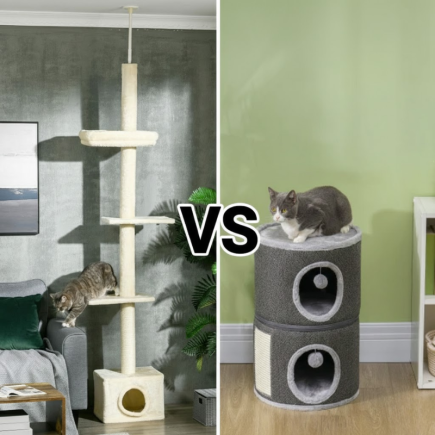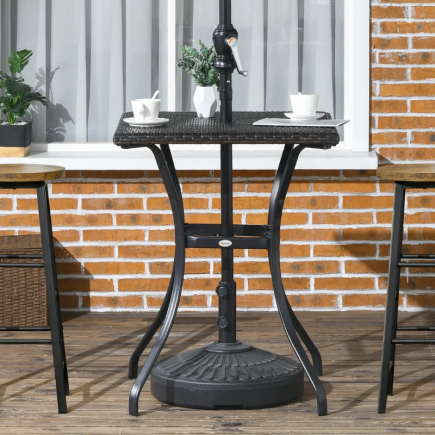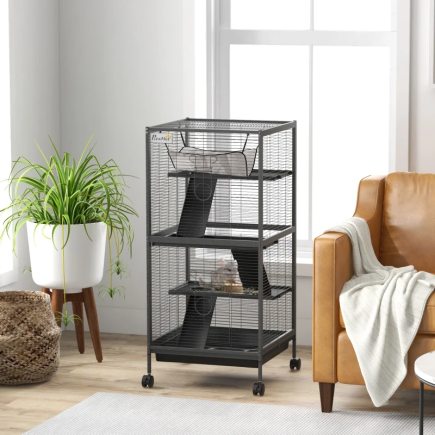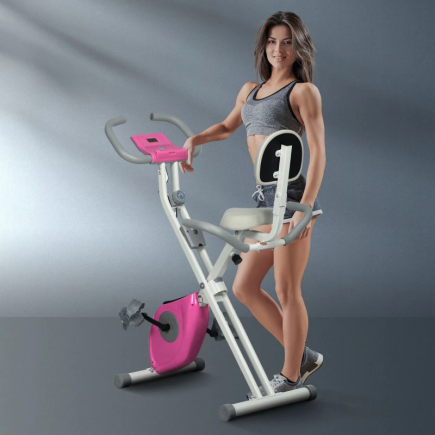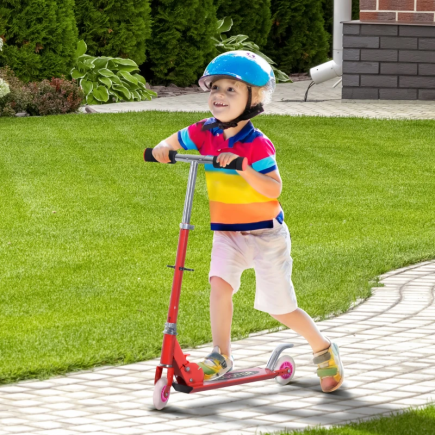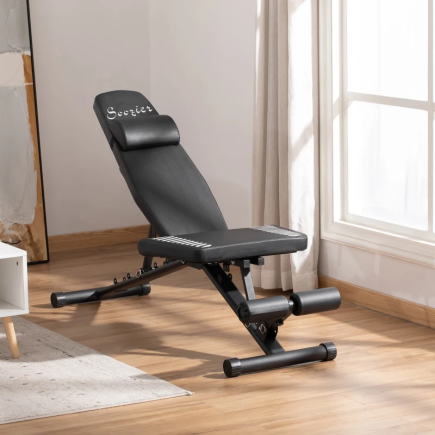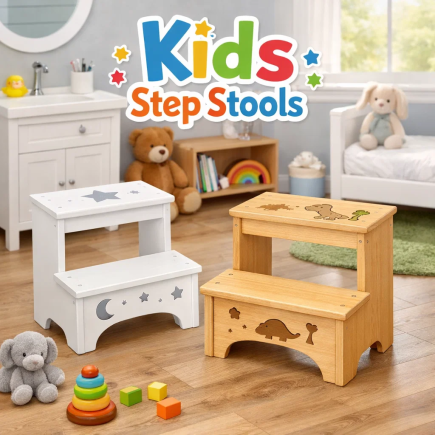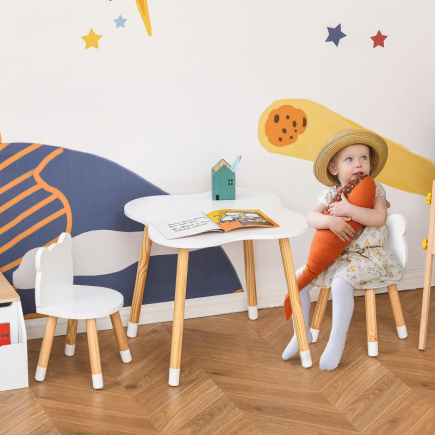
Raised garden beds have transformed the gardening experience for many, offering benefits like better drainage, improved soil quality, and easier access to plants. However, selecting the right plants for your raised bed is critical to ensure a thriving garden. Some plants simply aren’t suited for the confined space and conditions of raised beds.
Why Some Plants Don’t Thrive in Raised Beds

Raised beds are best for plants that don’t require too much space or have aggressive root systems. Before choosing what to plant, it’s important to understand the ideal conditions for raised beds.
- Shallow Soil: Some plants need deep soil for their roots to grow properly. While raised beds can provide good soil conditions, they might not have the depth required for certain plants.
- Space Limitations: Raised beds have limited space, and growing plants that spread out or require extensive space can lead to overcrowding and poor yields.
Plants Too Large for Raised Beds
Some plants, like corn or squash, require a lot of space, both above and below the ground. These types of plants are usually not suitable for raised beds because they can easily outgrow the limited space.
Corn

Corn is a tall plant that needs a lot of horizontal space for pollination. While it’s a popular crop, it’s not well-suited for raised beds. Corn requires several feet of space to grow properly, and the confined space of a raised bed can stunt its growth.
- Growing Tip: If you’re determined to grow corn, opt for dwarf or mini corn varieties that require less space and height.
Broccoli and Cauliflower

Both broccoli and cauliflower grow large, spreading leaves that can take up significant space. They also require a lot of nutrients, which may deplete the soil in a raised bed over time.
- Alternative: Consider compact vegetables like spinach or kale, which are better suited for raised bed conditions and can be harvested quickly.
Winter Squash & Melons

Winter squash and melons are sprawling, vining plants that need ample horizontal space. They can quickly overwhelm a small raised bed, preventing other plants from getting the light and nutrients they need.

- Solution: Consider growing vertical crops in products like the Outsunny 4-Tier Raised Garden Bed, which provides space for vine plants to grow upwards rather than outwards.
Invasive Plants in Raised Beds

Invasive plants are often difficult to control, especially in raised beds. Plants with aggressive roots can quickly spread and dominate the space, potentially harming other plants and reducing overall yield.
Mint
Mint is notorious for its spreading, invasive roots. While it’s a popular herb, its roots can quickly take over a raised bed, crowding out other plants.
- Solution: Plant mint in containers or use root barriers to contain its growth. You can also grow it in separate areas of your garden, away from other plants.
Blackberries and Raspberries
While berries are delicious, blackberries and raspberries can quickly become invasive in a raised bed. These plants form large, sprawling bushes that need plenty of space and may compete with other plants for sunlight and nutrients.
Plants with Large Root Systems

Some plants require deep soil to support their expansive root systems. Raised beds are typically shallow, so growing plants with large root systems can be challenging.
Asparagus
Asparagus has a deep, extensive root system that makes it unsuitable for raised beds. It also requires several years to become established, which means it will occupy valuable space in your bed for an extended period.
- Alternative: Try growing leafy greens like lettuce or spinach, which do well in shallow soil and offer fast yields.
Potatoes
Potatoes require a lot of space underground for their tubers to grow. While raised beds can be used for potatoes, they need extra space to spread, which can reduce your ability to grow other crops in the same bed.
- Solution: Consider using specialized potato growing bags or large containers instead of raised beds for potatoes. This allows for easier harvesting and saves space in your garden.
Grains and Perennials

Grains like wheat and corn, and perennial plants like artichokes, are generally not ideal for raised beds due to their space and time requirements.
Corn & Wheat
Both of these crops require long growing seasons and large amounts of space. In a raised bed, they would crowd out other plants and take up valuable growing space.
- Tip: Focus on quick-growing vegetables like radishes or carrots, which are well-suited for the confined space of raised beds.
Artichokes
Artichokes are perennial plants that require deep soil and a lot of space. They also take several years to reach full maturity, making them impractical for raised beds that are better suited for annuals or quicker-growing plants.
- Alternative: Consider growing fast-growing herbs like thyme or oregano, which thrive in raised beds and provide fresh flavors for your kitchen.
FAQs
1. How can I choose the best plants for a raised garden bed with limited space?
Opt for compact or small plants that don’t require a lot of space to spread out. Herbs, leafy greens, and dwarf varieties of vegetables are ideal. These plants thrive in the confined conditions of raised beds and won’t overcrowd the space.
2. Can I grow plants with deep roots in a raised bed if I add extra soil depth?
While adding extra soil can help, some deep-rooted plants may still struggle in raised beds due to limited depth. Instead, focus on shallow-rooted plants or use a deeper bed design for more space for root growth.
3. How do I maintain good air circulation in my raised bed?
Ensure proper spacing between plants so air can flow freely. Overcrowding plants can restrict airflow, increasing the risk of diseases like mildew. Prune plants regularly to allow better ventilation.

